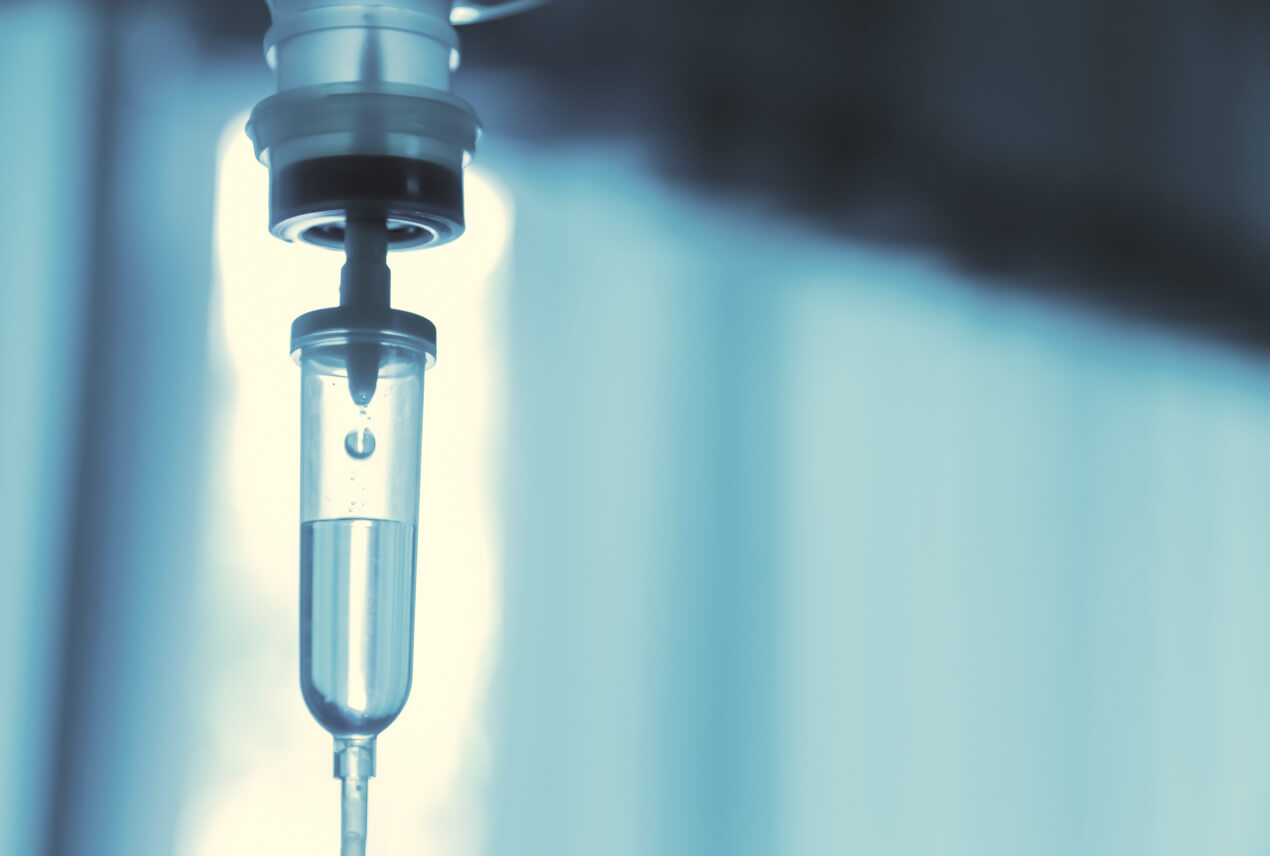Chemotherapy, also referred to as chemo, is a treatment that uses drugs to target cancer cells.
Undergoing chemotherapy can affect you mentally and physically and can make managing relationships and sexual health extremely difficult. For many people, chemotherapy can be a lifesaving treatment, but it does come with its own slate of side effects.
Understanding and knowing what these side effects are can help you better prepare for the path ahead.













